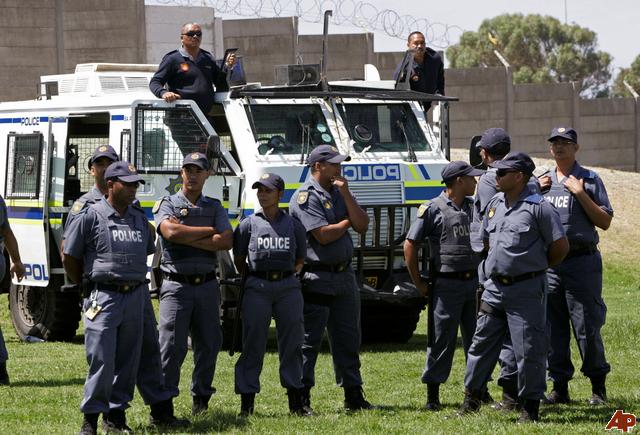Former Nigerian Ambassador to the United States and Charge d’Affaires, Nigerian Embassy, The Netherlands, Ambassador Joe Keshi, yesterday said the increasing cases of attacks by South African youths on Nigerians and other African citizens was due to South Africa’s political elite fuelling xenophobic attacks against other nationals in that country.
Keshi spoke in an interview with Arise News in Abuja,Nige stating that, the situation is also part of the gang war across South Africa.
“The main reason for this is that; I try to explain it to people that during apartheid, South Africans were in control of the territory, now, foreigners have taken over the territory. For South Africans, it is a loss.
“You also have the political elite fuelling the situation, with their comments; so-called the rise of nationalism all over the world today, also helps to fuel the situation.
“There is also the issue of unemployment, to them, some foreigners have taken their jobs. There is a bit of gang war,” Keshi said.
He explained: “It’s a combination of both criminality and anger; there are criminals on the streets trying to take control, when you have this kind situation, certainly, people will capitalise on it to do what they want to do.”
Keshi applauded the move by the Nigerian government to intervene in the matter, stating that, “both countries need to find a solution to the problem.”
He urged Nigerians living in South Africa to “establish early warning systems and share same with the South African Police.”
Keshi added that notwithstanding the complexity of security agencies in that country, there was need for Nigerians resident in that country to set up a response mechanism to the crisis.
Meanwhile, the Nigerian Guild of Editors (NGE) has condemned the continuous xenophobic attacks on Nigerians in South Africa.
NGE made this known at the weekend in Oshogbo, Osun State at the end of its standing committee meeting where issues concerning the guild and the country were deliberated
The guild said it particularly condemned the continuous xenophobic attacks on Nigerians and other African nationals in South Africa and resolved that the Nigerian government should be more responsive in protecting her citizens in foreign countries.
“The government, should as a matter of national interest apply the country’s foreign policy of reciprocity that affects mutual relations between Nigeria and other countries. The Editors are dismayed at the conspiratorial silence of senior South African nationalists, who know the enormous contributions of Nigeria to the emergence of the Independent South Africa. The South African Institute of International Affairs records that Nigeria spent a whopping $61 billion between 1960 and 1995 in the fight against apartheid,” the guild said in a statement signed by NGE President, Funke Egbomode and General Secretary, Victoria Ibanga respectively.
It said it was not unmindful of the fact that South Africans are in Nigeria running successful businesses and, therefore, the violent actions of South Africans could push Nigerians into retaliation; “just as Nigerians are passionate about protecting their South African friends, they can also be passionate in protecting their own nationals.”
The guild, however, enjoined Nigerians resident in South Africa to remain calm, law-abiding and continue to go about their legitimate businesses even in the face of provocation, adding that it appreciated Governor Rauf Aregbesola, the government and good people of the state of Osun, for their support in hosting the Editors’ Standing Committee meeting.


 Naira3 weeks ago
Naira3 weeks ago
 News4 weeks ago
News4 weeks ago
 Naira4 weeks ago
Naira4 weeks ago
 Naira3 weeks ago
Naira3 weeks ago
 Jobs3 weeks ago
Jobs3 weeks ago
 Travel3 weeks ago
Travel3 weeks ago
 Naira3 weeks ago
Naira3 weeks ago
 Investment4 weeks ago
Investment4 weeks ago





























